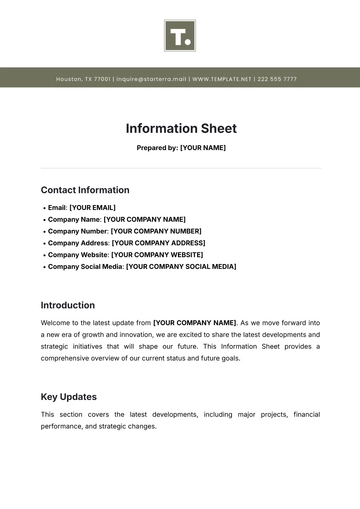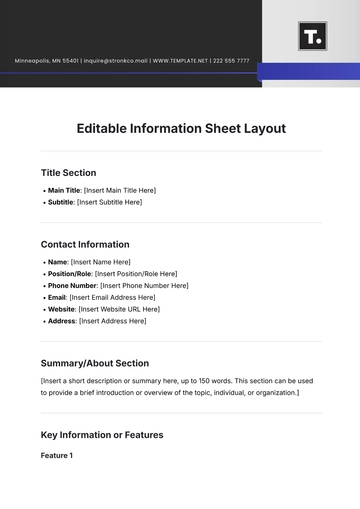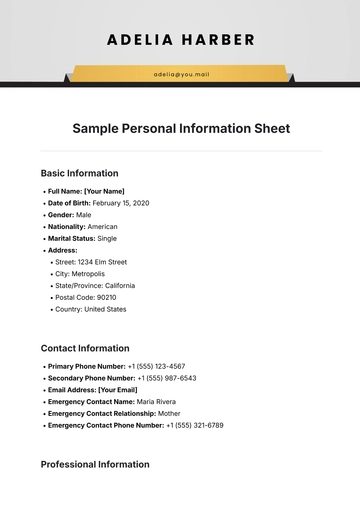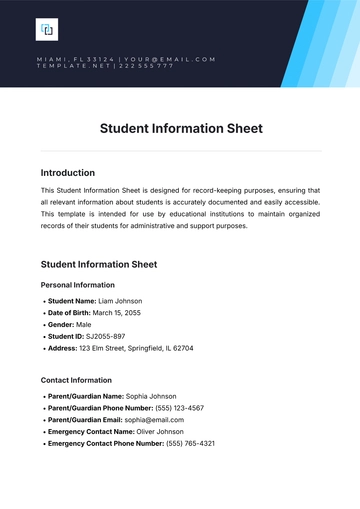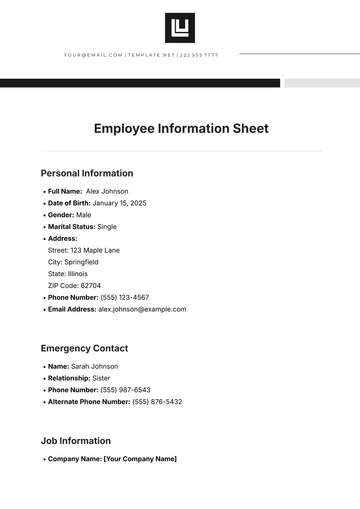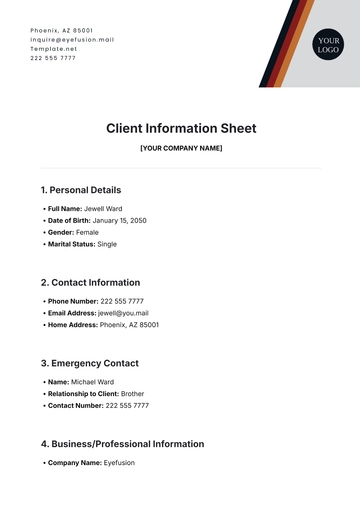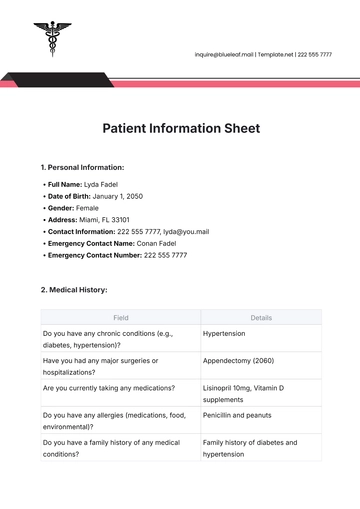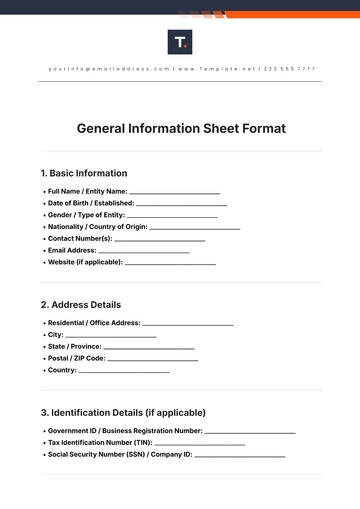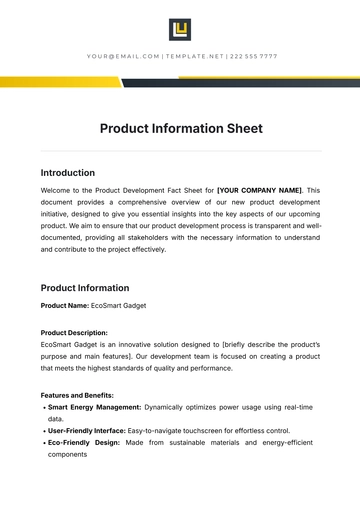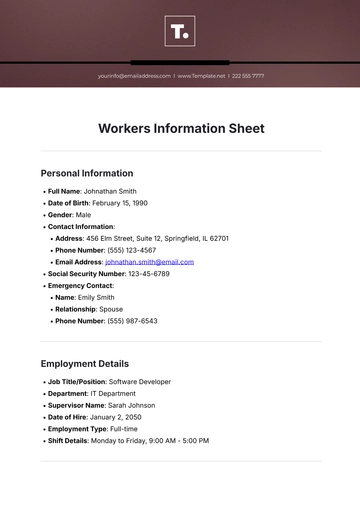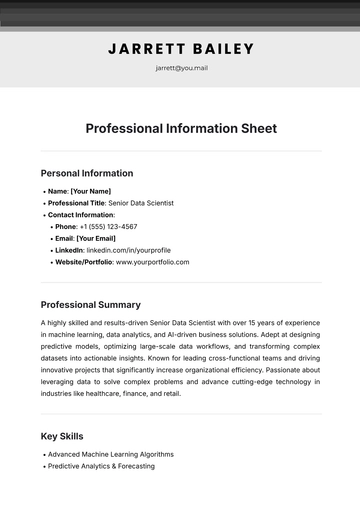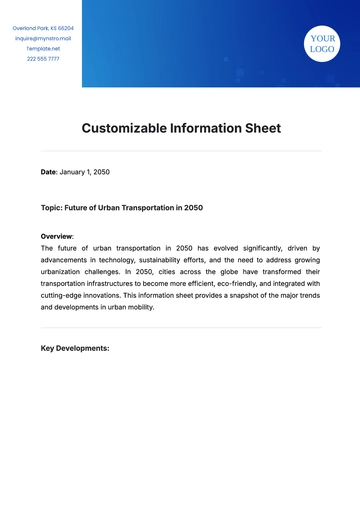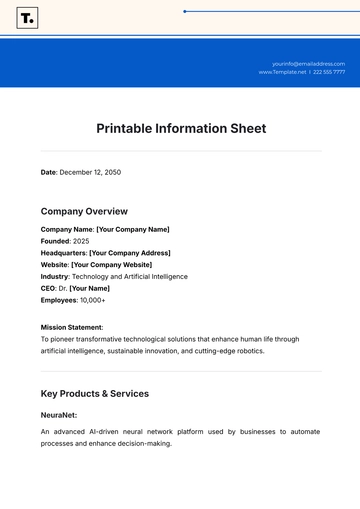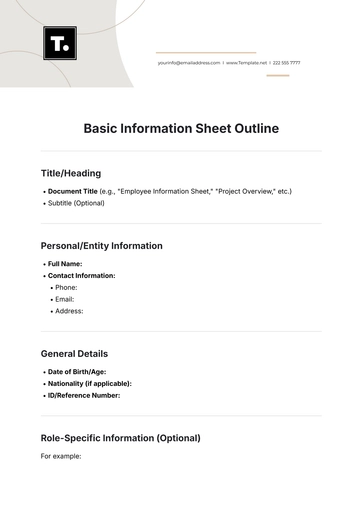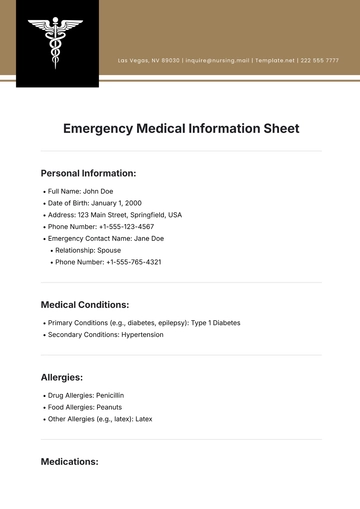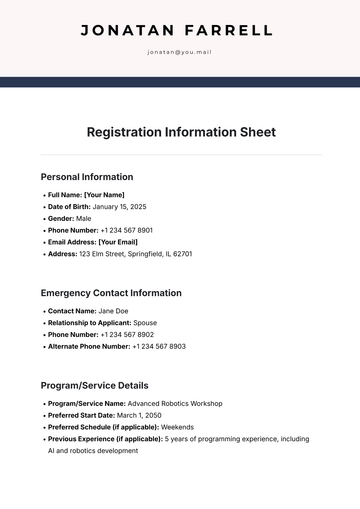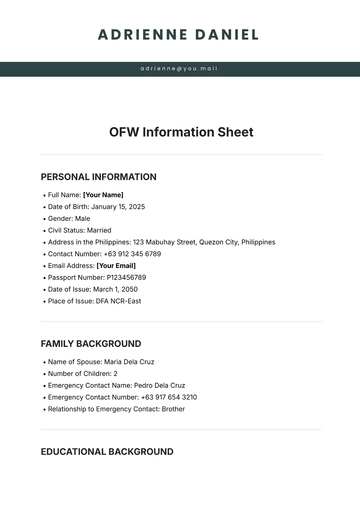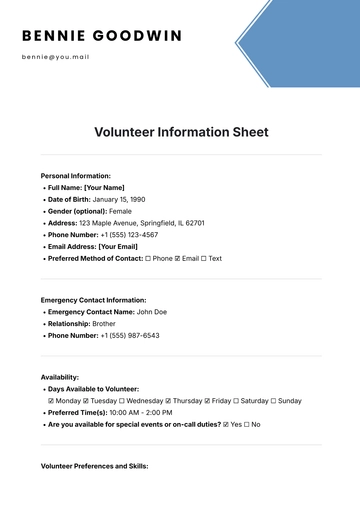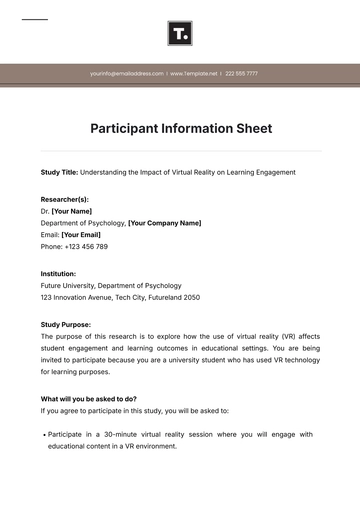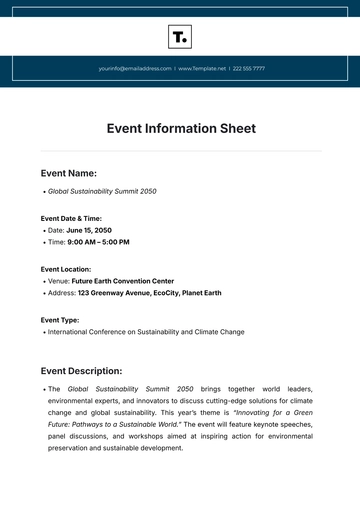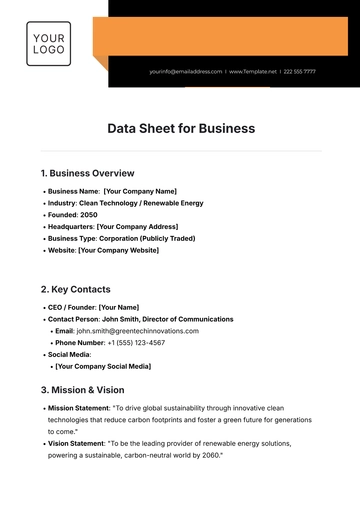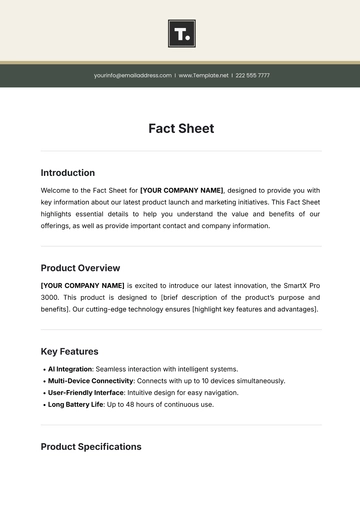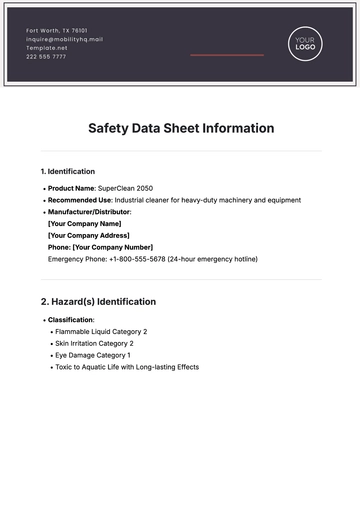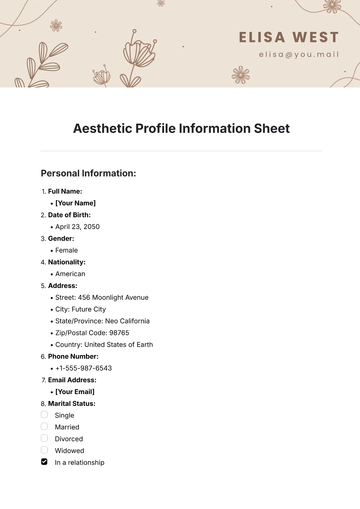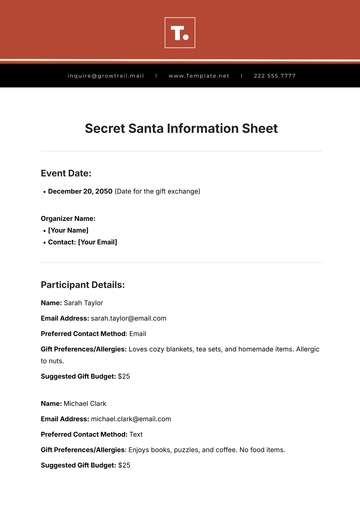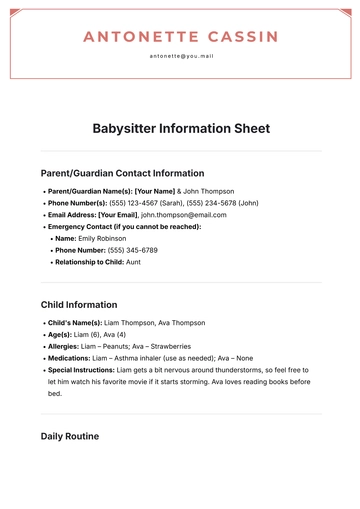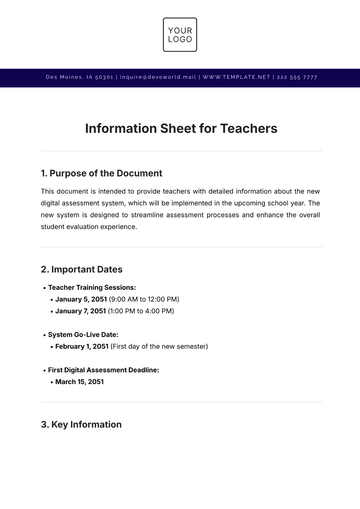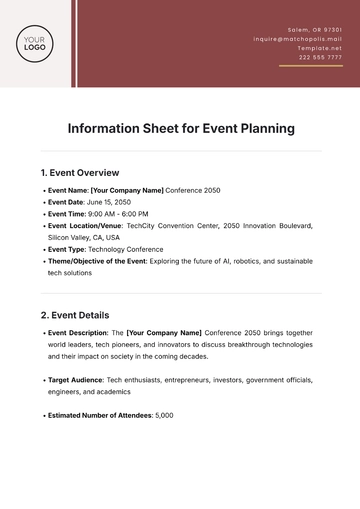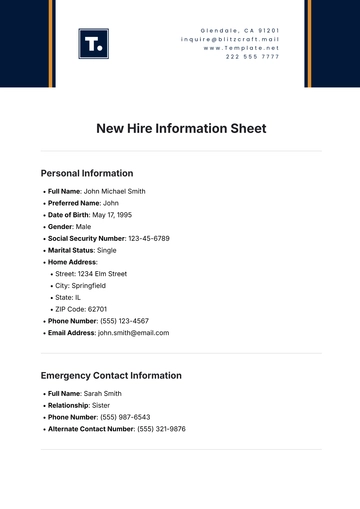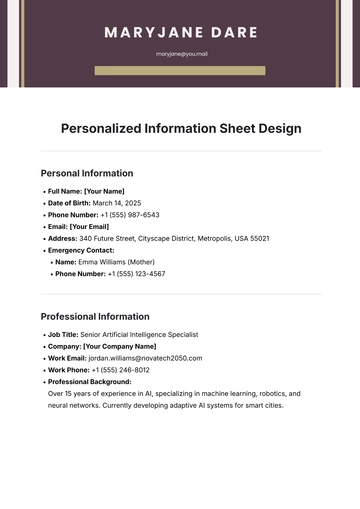Free Child Care Fact Sheet For Providers
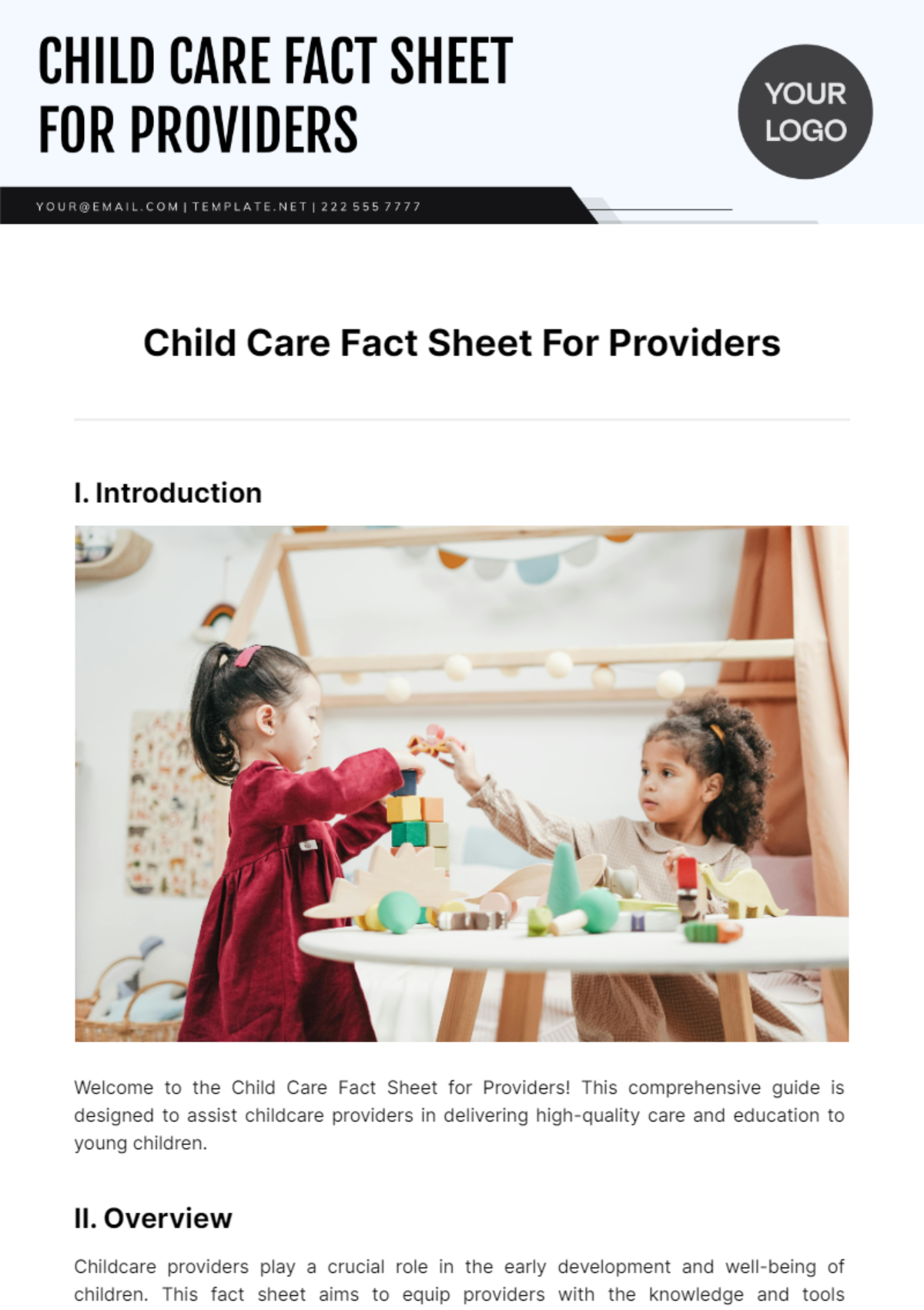
I. Introduction

Welcome to the Child Care Fact Sheet for Providers! This comprehensive guide is designed to assist childcare providers in delivering high-quality care and education to young children.
II. Overview
Childcare providers play a crucial role in the early development and well-being of children. This fact sheet aims to equip providers with the knowledge and tools necessary to create a safe, nurturing, and enriching environment for the children in their care.
III. Importance of Early Childhood Education
Early childhood education lays the foundation for a child's future academic success, social development, and overall well-being.
High-quality early childhood programs can lead to improved cognitive abilities, better social skills, and increased school readiness.
IV. Health and Safety Protocols
Implement rigorous health and safety protocols to ensure the well-being of children in your care.
Regular handwashing, sanitization of toys and surfaces, and maintaining a clean environment are crucial.
Stay updated on vaccination requirements and health guidelines provided by local authorities.
V. Child Development Milestones
Familiarize yourself with typical child development milestones to monitor each child's progress effectively.
Understand that children develop at their own pace and provide individualized support as needed.
VI. Nutritional Needs
Offer nutritious meals and snacks that meet the dietary needs of growing children.
Be aware of any food allergies or dietary restrictions among the children in your care.
VII. Common Myths
Myth: Child care is solely about supervision.
Fact: Quality child care involves educational activities, social interaction, and fostering development.
Myth: Childcare is only for working parents.
Fact: Child care provides early learning opportunities for children regardless of parental employment status.
VIII. FAQs
What qualifications should childcare providers have?
Childcare providers generally need formal education, hands-on experience, a high school diploma, state-required training completion, CPR and first aid certification, and often pursue education in early childhood development to improve their skills. Requirements may differ based on location.
How do you handle emergencies in childcare settings?
Childcare settings need thorough emergency plans for situations like medical crises, natural disasters, and evacuations. Trained providers stay calm and follow protocols, ensuring children and staff safety through regular drills, emergency service communication, and coordination with parents. They are well-prepared with the necessary resources to respond to emergencies.
IX. Conclusion

Child care providers play a vital role in shaping the lives of young children. By adhering to best practices, staying informed, and prioritizing the well-being of children, providers contribute to their growth, development, and future success.
- 100% Customizable, free editor
- Access 1 Million+ Templates, photo’s & graphics
- Download or share as a template
- Click and replace photos, graphics, text, backgrounds
- Resize, crop, AI write & more
- Access advanced editor
Elevate your child care services with our versatile Child Care Fact Sheet for Providers Template, exclusively on Template.net. This editable and customizable resource enables providers to showcase their offerings, safety protocols, and expertise. Easily editable in our AI Editor Tool, it empowers providers to tailor information to meet the unique needs of their audience.
You may also like
- Attendance Sheet
- Work Sheet
- Sheet Cost
- Expense Sheet
- Tracker Sheet
- Student Sheet
- Tracking Sheet
- Blank Sheet
- Information Sheet
- Sales Sheet
- Record Sheet
- Price Sheet
- Plan Sheet
- Score Sheet
- Estimate Sheet
- Evaluation Sheet
- Checklist Sheet
- Bid Sheet
- Call Log Sheet
- Bill Sheet
- Assessment Sheet
- Task Sheet
- School Sheet
- Work From Home Sheet
- Summary Sheet
- Construction Sheet
- Cover Sheet
- Debt Spreadsheet
- Debt Sheet
- Client Information Sheet
- University Sheet
- Freelancer Sheet
- Bookkeeping Sheet
- Itinerary Spreadsheet
- Scorecard Sheet
- Run Sheet
- Monthly Timesheet
- Event Sheet
- Advertising Agency Sheet
- Missing Numbers Worksheet
- Training Sheet
- Production Sheet
- Mortgage Sheet
- Answer Sheet
- Excel Sheet
